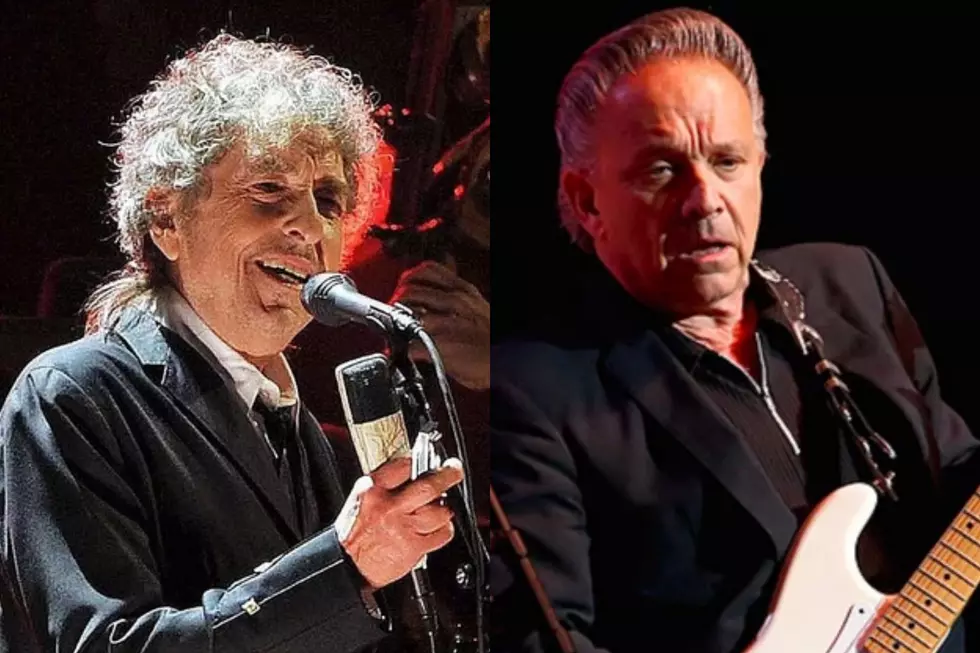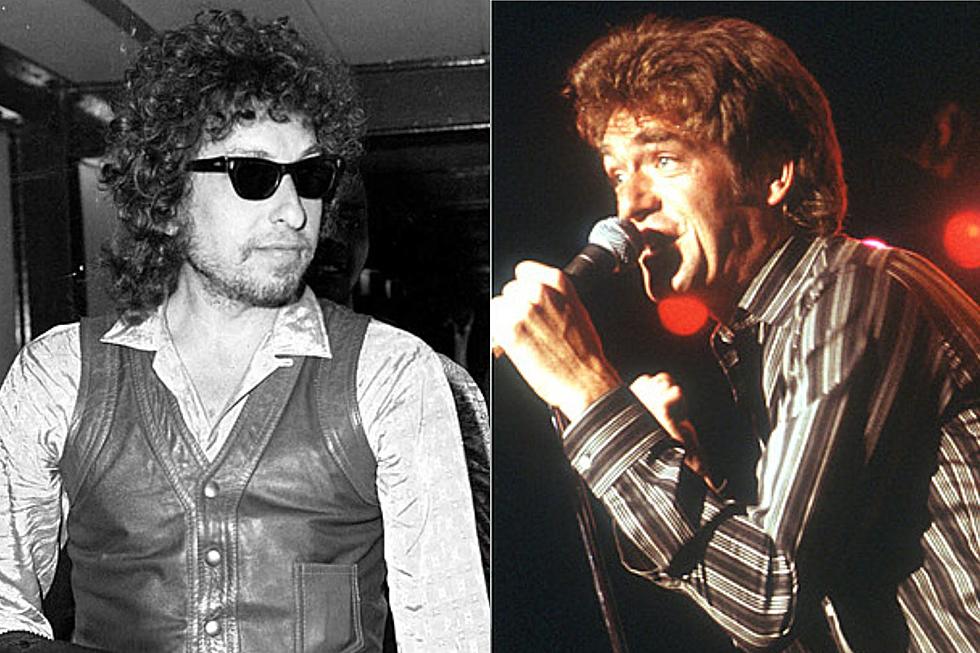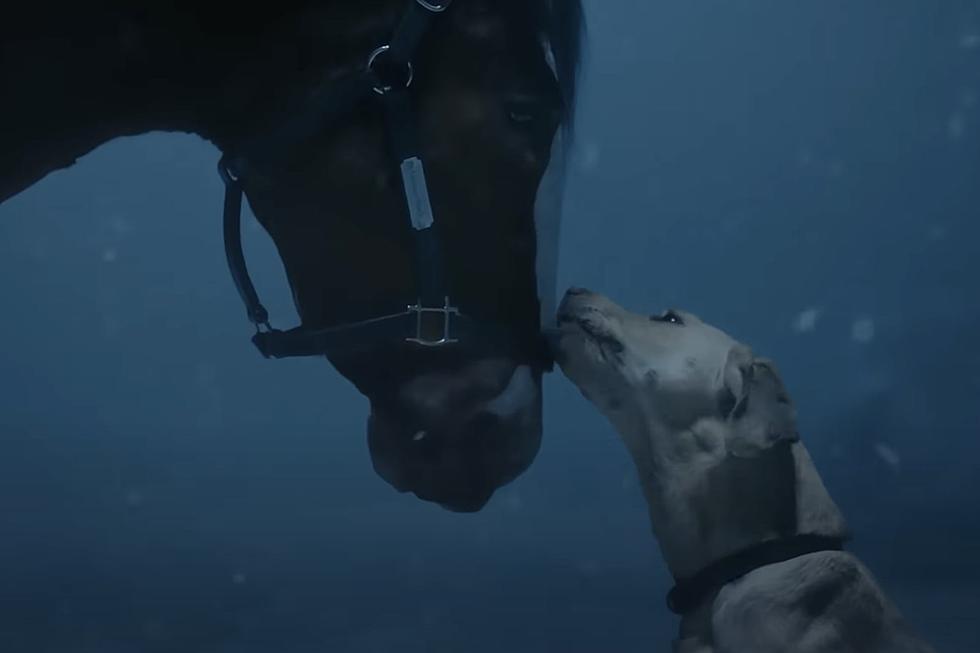
When Bob Dylan Played With the Band for the First Time
Undaunted by the infamously contentious reception he received when he debuted his new electric sound at Newport, Bob Dylan stayed plugged in when he put together his new group — later to become known as the Band — and took them to Texas in the fall of 1965.
Dylan first saw his new personnel — guitarist Robbie Robertson, bassist Rick Danko, pianist Richard Manuel, keys player Garth Hudson and drummer Levon Helm — perform as the Hawks at a New Jersey club show in late summer 1965. Quickly poaching Robertson and Helm for a pair of upcoming gigs in Los Angeles and New York, Dylan refined his new sound with a group that included bassist Harvey Brooks and keyboardist Al Kooper, and though the crowds at those bicoastal shows didn't react as negatively as the audience in Newport, it was still clearly a work in progress.
According to journalist Michael Corcoran, Dylan's Texas shows were the result of some enterprising chutzpah on the part of young promoter Angus Wynne, who was inspired to track down his contact information after being inundated with Dylan's latest single, "Like a Rolling Stone."
"I looked at the back of a Dylan album and it said he was managed by Albert Grossman, so I called information in New York and got the number," said Wynne. "When I called and made my pitch, someone yelled to the other room, ‘Hey, do you want to go play in Texas?’ and someone yelled back ‘Yeah, sure.’"
With Robertson and Helm already in the fold, Dylan knew where to turn when Kooper refused to make the trek to Texas, citing concerns over the cultural climate in the South. "I mean, look what they just done to JFK down there," he wrote in his book Backstage Passes & Backstabbing Bastards. "So what was going to happen to Bob Dylan? ... I wasn’t sure I wanted to find out."
Kooper's departure paved the way for Dylan's full-on union with the Hawks, who met with him in Toronto for several days of rehearsal. They all met back in Austin on Sept. 23, the day before the show, in time for a press conference during which Dylan famously listed his favorite performers as Rasputin, Charles de Gaulle and the Staple Singers while shrugging off a barrage of questions he clearly found a waste of time.
The environment was far friendlier Sept. 24, when Dylan and his new cohorts kicked off their two-night Texas stand. In Austin, as they would in Dallas the following night, they received their first indication that Dylan's new sound might ever prove less than controversial.
"I did this very crazy thing," Dylan told a group of journalists at a press conference in San Francisco late in 1965. Looking back at the first few shows after he went electric, he recalled, "I didn't know what was going to happen, but they certainly booed, I'll tell you that. You could hear it all over the place. I don't know who they were, though, and I'm certain whoever it was did it twice as loud as they normally would."
The turning point, in Dylan's eyes, was Texas. "They kind of quieted down some at Forest Hills, although they did it there too," he recalled. "They've done it just about all over except in Texas — they didn't boo us in Texas or in Atlanta, or in Boston, or in Ohio. They've done it in just about — or in Minneapolis, they didn't do it there. They've done it a lot of other places. I mean, they must be pretty rich, to be able to go someplace and boo. I couldn't afford it if I was in their shoes."
As Corcoran's article notes, acceptance didn't come overnight; two months after the Austin and Dallas shows, Helm temporarily quit the lineup, citing what Corcoran sums up as "musical disagreements with the frontman (not to mention an aversion to being booed night after night)." But those were mere bumps in the road to a watershed period for all concerned.
In the summer of 1966, a motorcycle accident brought a halt to Dylan's touring activity, which led to the creatively rich convalescent period that produced the Basement Tapes LP — and presaged the former Hawks' coming-out party as the Band with 1968's landmark Music From Big Pink LP. The next time Dylan and the Band toured together, they'd both be household names.
Bob Dylan 'Bootleg Series' Albums Ranked
More From Ultimate Classic Rock









